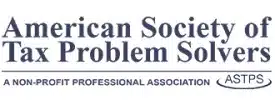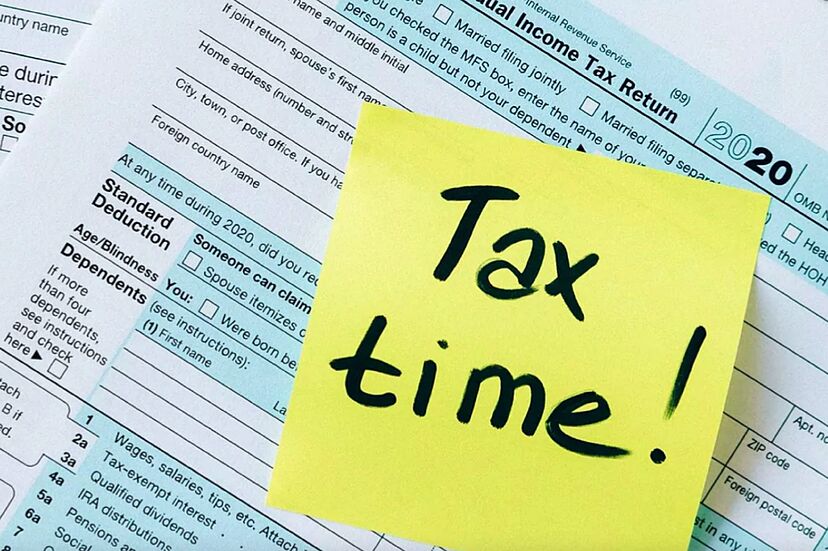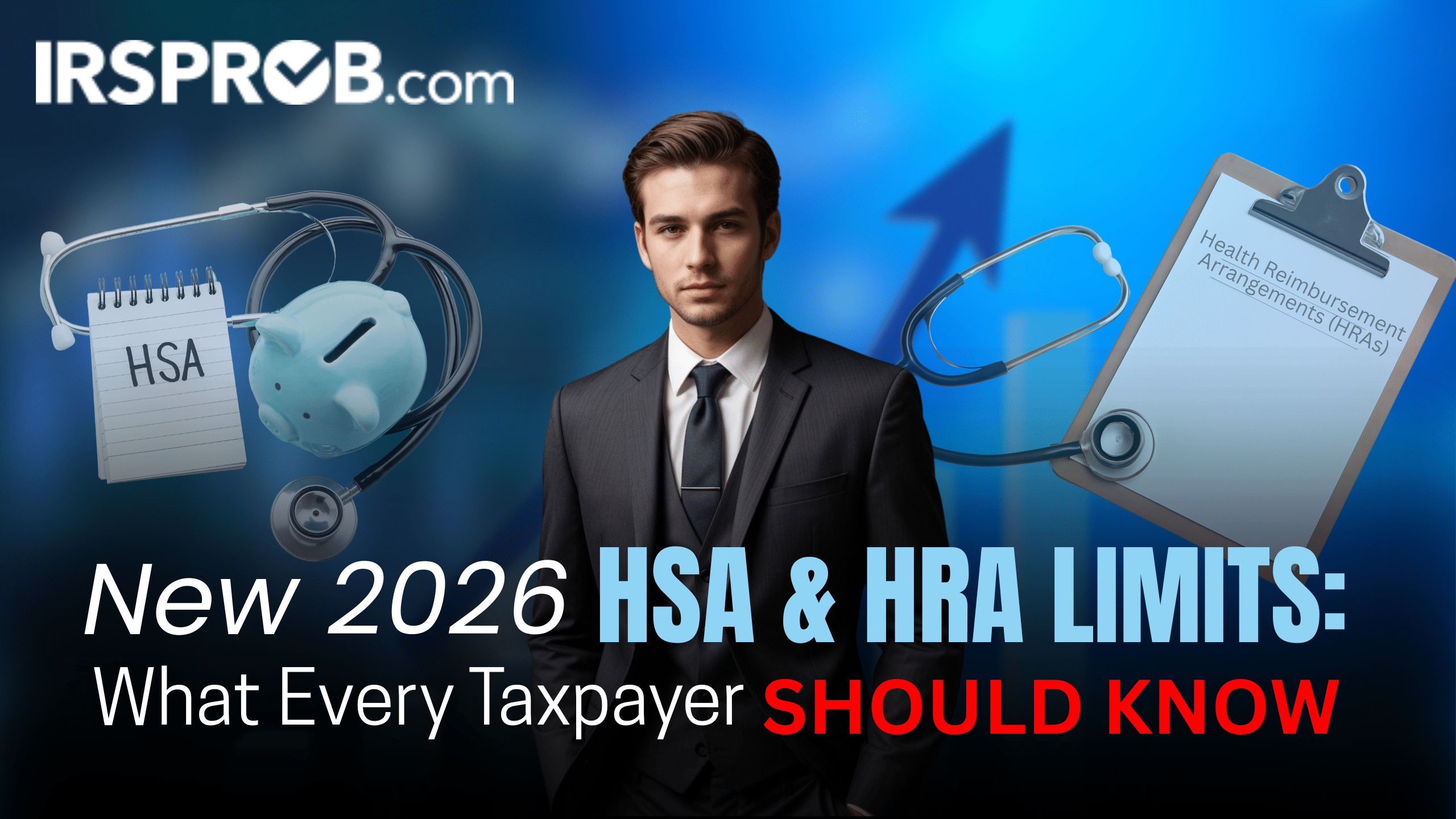Innocent Spouse Relief
Understand Innocent Spouse Relief and Shield Yourself from Joint Tax Liability
We evaluate your eligibility for Innocent Spouse, Separation of Liability, or Equitable Relief and recommend the optimal relief pathway.
We gather and verify all financial records, affidavits, and supporting evidence required for your relief application (Form 8857).
We analyze your knowledge of understatement, marital status, and contribution levels to determine the strongest relief category under IRC §6015.
IRSProb
Innocent Spouse Relief
With specialized knowledge of IRS relief rules, we guide you through Form 8857 preparation, submission, and follow-up to maximize your chances of approval.
We uphold the highest standards in navigating complex relief criteria, advocating for your rights with integrity and precision.
We maintain transparent updates and personalized guidance so you know exactly where your claim stands at every stage.
Leveraging extensive experience with IRC §6015 relief provisions, we craft compelling claims tailored to your unique circumstances.
Innocent Spouse Relief comprises three categories—Innocent Spouse, Separation of Liability, and Equitable Relief—each with specific eligibility rules, filing deadlines, and burden-of-proof requirements under IRC §6015.
We assist with Form 8857 completion, evidence collection (affidavits, legal documents), IRS communication, and appeals to secure your relief.
After relief is granted, we ensure you remain compliant with filing and payment obligations; failure to do so can trigger reinstatement of joint liability.
Relief from joint tax liability restores your financial independence and shields you from debts you did not incur.
Innocent Spouse Relief FAQ
Common Questions About Innocent Spouse Relief
Important Terms To Know
- Innocent Spouse Relief: Protection from joint liability for tax underpayments due to your spouse’s errors.
- Separation of Liability Relief: Allocation of joint tax liability between spouses based on who earned or reported the income.
- Equitable Relief: Discretionary relief when neither Innocent Spouse nor Separation of Liability applies but inequity exists.
- Form 8857: The IRS form used to request Innocent Spouse, Separation of Liability, or Equitable Relief under IRC §6015.
- Joint and Several Liability: Legal principle holding both spouses fully liable for tax debts on a joint return.
- No Knowledge: Criterion requiring that the requesting spouse did not know and had no reason to know of the understatement at filing.
- Timeliness: Relief claims must generally be filed within two years of the IRS’s first attempt at collection.
- Burden of Proof: The claimant’s responsibility to substantiate eligibility criteria, including knowledge and fairness.
- Detrimental Reliance: Evidence that the requesting spouse suffered economic harm by relying on the joint return as filed.
- IRS Appeals: The process for challenging denial of relief through the IRS Office of Appeals.
Innocent Spouse Relief is an IRS provision allowing spouses to seek relief from joint tax liability for liabilities they did not incur due to the other spouse’s errors.
Eligibility depends on the relief type: Innocent Spouse, Separation of Liability, or Equitable Relief, each with specific IRC §6015 criteria.
File Form 8857 with the IRS, include required evidence, and submit by mail or through an authorized representative.
The IRS reviews your financial data, knowledge of understatement, marital status, and fairness to determine relief eligibility under IRC §6015.
Yes, you remain responsible for other tax liabilities and should continue compliance while your relief claim is pending.
You are released from joint liability, and the IRS allocates liability according to the relief granted under IRC §6015.
No, Innocent Spouse Relief claims and determinations are private and not filed in public records.
Processing times vary; typical review can take 6–12 months depending on complexity.
If denied, you can request an appeal with the IRS Office of Appeals or petition the U.S. Tax Court within the prescribed timeframe.
CLICK HERE or call (833) IRS-PROB or (214) 214-3000 to speak to a tax associate today. They will outline the specifics of your case and help map out your options moving forward. If you’ve received any certified mail or other threatening correspondence recently, make sure and tell them so they can take the necessary steps to intervene with immediate action. Don’t wait until it’s too late! Relief is just a simple phone call or click away.
IRSProb specializes in Innocent Spouse Relief, providing end-to-end support from claim preparation to IRS Appeals representation to secure your relief.
About IRSProb
What Does IRSProb Do?
We become your official advocate before the IRS—handling all communications, filings, and negotiations so you don’t have to.
Our team of CPAs, enrolled agents, and tax attorneys reviews every detail and crafts a tailored roadmap to relief.
From powers of attorney to financial disclosures, we assemble and vet every form and schedule required by the IRS.
Drawing on decades of experience, we negotiate Offers in Compromise, Installment Agreements, penalty abatements, and more.
After securing a resolution, we guide you through payment setup, monitor compliance, and stand ready to address any follow-up IRS inquiries.

CPA, EA, CTRS, Superhero
Testimonials
Our Clients Reviews
EXCELLENTTrustindex verifies that the original source of the review is Google. I had the pleasure of working with Randy a few years ago and he saved me thousands of dollars with the IRS! I can not recommend him enough!Trustindex verifies that the original source of the review is Google. Randell Martin was very thorough and gave great advice. I learned a lot about my tax issue in the 30 minute free consultation. Would recommend.Trustindex verifies that the original source of the review is Google. I have been a client of this firm for 5+ years. Mr. Martin, Mr. Bond and the entire staff exemplify professionalism. The ideas of integrity, promptness, dedication and knowledge are honored here, not just commercial words. This firm has helped me thru some tough times. In the past, I had less successful experience with a well known tax attorney whose staff turnover was an ominous reflection of his overall work ethic, so I pay attention to that. The staff here at IRSProb is stable and courteous. Most reassuring are the results of their work. They will make your life better, presenting you with open and honest assessments of your situation along with viable solutions.Trustindex verifies that the original source of the review is Google. Randy nos ayudó con las asuntos fiscales en los Estados Unidos. Nos ayudó muchísimo. GraciasTrustindex verifies that the original source of the review is Google. Randy me ayudo muchísimo con los asuntos del IRS graciasTrustindex verifies that the original source of the review is Google. “I got a surprise letter from the IRS demanding certain actions within a tight timeframe. Randy and team helped by immediately knowing what needed to be done and how to do it. Thank youTrustindex verifies that the original source of the review is Google. Terrific service, and wonderfully kind people. Ray Bond was excellent at guiding me through the Offer in Compromise process. I'm so grateful I found them!Trustindex verifies that the original source of the review is Google. Ray was great and appreciate all he did. We had a professional tax person mess up our taxes and Ray worked to get everything corrected. Its not a fast process but your working with the IRS and it’s on their time.Verified by TrustindexTrustindex verified badge is the Universal Symbol of Trust. Only the greatest companies can get the verified badge who has a review score above 4.5, based on customer reviews over the past 12 months. Read more
Get Informed about Tax Relief
Learn from the our Youtube library
Educational Tax Relief Videos
Why Choose Us
Why Choose IRSProb?
You’ll work directly with one seasoned CPA—no handoffs, no bureaucracy—ensuring every detail of your case gets expert oversight.
When you call or email, you reach your CPA. Expect prompt, jargon-free updates at every stage of your case.
Hundreds of clients served, significant liabilities reduced, and glowing testimonials—your relief is our reputation.
Our Proven Process
1
File Form 2848 (Power of Attorney) and Form 8821 (Authorization) to freeze most collection actions (levies, garnishments), then request your entire IRS record
2
Compile past tax returns, bank statements, pay stubs, business records, and IRS notices into a single Discovery packet.
3
Assess all relief paths—Offers in Compromise, installment plans, CNC status, innocent spouse relief, and penalty abatement—to pinpoint the best solution.
4
Submit required forms and documentation, then advocate directly with your IRS revenue officer to secure optimal terms.
5
Set up payment or compliance plans, track deadlines, and manage follow-up filings to ensure IRS adherence.
Need More Help?
Call us now to speak directly with your dedicated CPA and get immediate help resolving your tax issues.
Contact us below for a complimentary case review and a personalized roadmap to financial freedom.
IRSProb Tax Services
Providing professional guidance so that you can pay off your tax debt for a fraction of the original cost if you qualify.
Guiding you through the process of negotiating a release of the levy through an installment plan with the IRS thats easiest on your wallet
Specializing in filing Installment Agreements and helping taxpayers unable to fulfill their existing IRS payment agreements
Presenting your case to the IRS in order to dissociate you from penalties due to your spouse’s inability to pay their taxes.
Ensuring that your rights are respected by IRS agents, and serving as your authorized representative knowledgeable in tax law.
Assisting you with resolving delinquent employee income tax withholdings, associated penalties and abatement.





Innocent Spouse Relief: Liberating Individuals from Tax Liability
Innocent Spouse Relief: Liberating Individuals from Tax Liability
Understanding Innocent Spouse Relief
Innocent Spouse Relief offers respite to individuals who filed joint tax returns with a spouse, only to discover their spouse’s inability or failure to pay taxes. This relief is particularly relevant for married or recently divorced individuals.
IRS Form 8857 becomes a crucial tool in seeking relief by requesting the removal of tax debt and associated penalties.


Timely Action is Crucial
There is a critical time window for filing a request for Innocent Spouse Relief, typically limited to two years in most cases. If you have recently become aware of your situation, it’s imperative to take immediate action.
Contacting us at IRSProb.com ensures timely initiation of the relief process.
FAQs
What is Innocent Spouse Relief?It provides relief from additional tax owed if your spouse or former spouse failed to report income, reported income improperly, or claimed improper deductions or credits.
How do I qualify for Innocent Spouse Relief? You must prove that when you signed the joint tax return, you didn’t know, and had no reason to know, that there was an understatement of tax. What types of audits are there?There are three types: Correspondence audits (via mail), Office audits (in an IRS office), and Field audits (at your home, business, or accountant’s office).
What are the types of Innocent Spouse Relief?There are three types: Innocent Spouse Relief, Separation of Liability Relief, and Equitable Relief.
How do I apply for Innocent Spouse Relief? File Form 8857, Request for Innocent Spouse Relief, with the IRS as soon as you become aware of a tax liability for which you believe only your spouse or former spouse should be held responsible. Is there a time limit for applying for Innocent Spouse Relief? Yes, you generally must file Form 8857 within two years after the date the IRS first attempted to collect the tax from you. What happens if my request for Innocent Spouse Relief is denied? You can appeal the IRS’s decision to the United States Tax Court. Does Innocent Spouse Relief apply to state taxes? Innocent Spouse Relief only applies to federal taxes. You’ll need to check with your state’s tax agency for similar state tax relief options. Are there any consequences to my spouse if I am granted Innocent Spouse Relief?If you are granted relief, your spouse or former spouse will be solely responsible for the tax liability.
Important Terms To Know
- Innocent Spouse Relief: Relief from additional tax owed if unaware of a spouse’s tax errors.
- Joint Tax Return: A tax return filed together by a married couple.
- Tax Understatement: The amount by which tax is underreported.
- Form 8857: Request for Innocent Spouse Relief.
- Erroneous Item: A tax item reported incorrectly on a joint return.
- Allocation: Dividing tax responsibilities between spouses.
- Tax Liability: The total amount of tax owed.
- Equitable Relief: Relief granted when not qualifying under other innocent spouse categories.
- IRS Notice: Official communication from the IRS.
- Separation of Liability: Dividing tax owed between spouses.
Your Advocates at IRSProb.com
At IRSProb.com, we specialize in presenting your case to the IRS for Innocent Spouse Relief. Our expertise lies in effectively dissociating you from the penalties associated with your spouse’s tax situation. Trust us to navigate the complexities of the relief process and advocate on your behalf.
Have a tax question? Get Tax Expert Help Now













